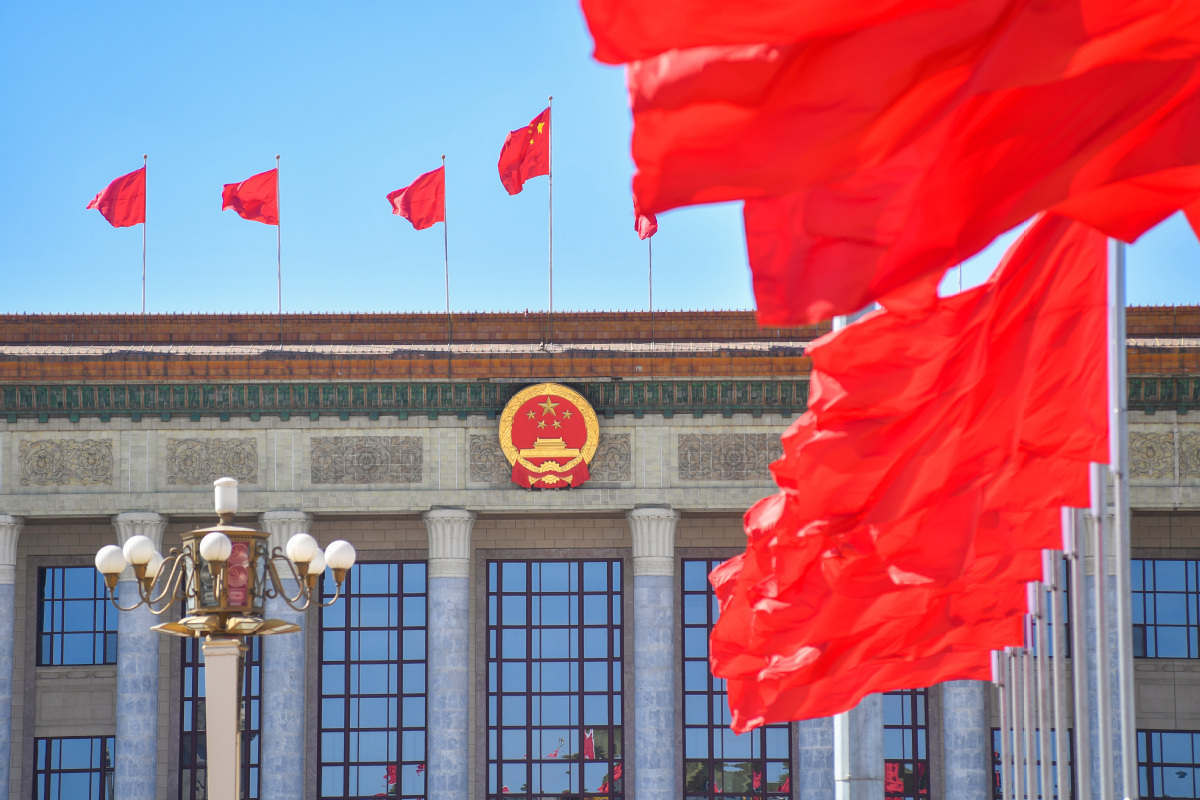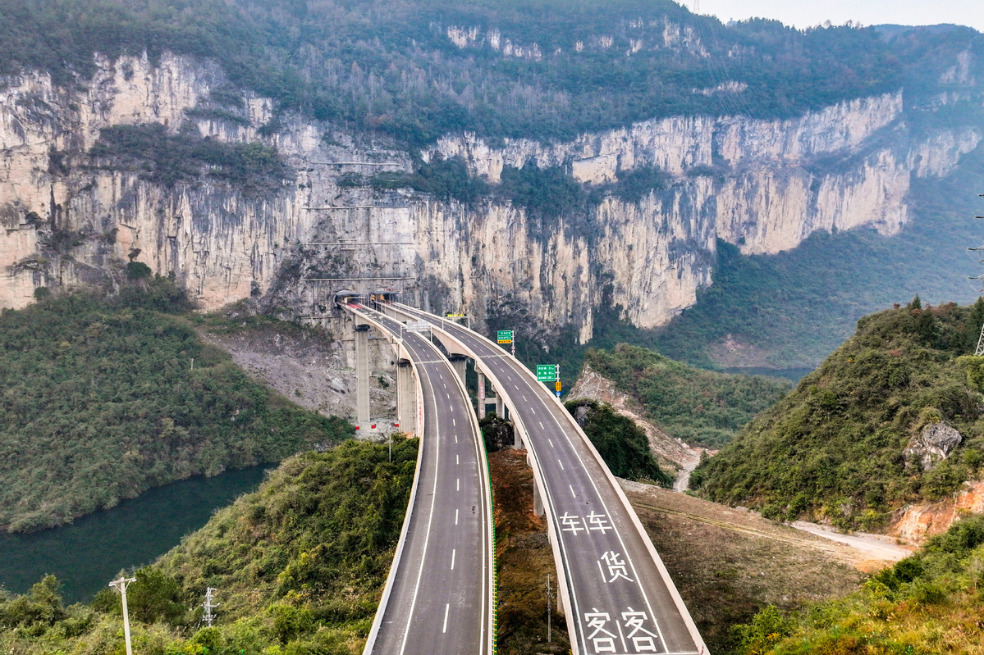China's path along the road less traveled


Two roads diverged in a yellow wood,
And sorry I could not travel both
And be one traveler, long I stood
In 2011, I was a freshman at Xi'an International Studies University in the inland province of Shaanxi. One day, my intensive reading teacher booked a classroom equipped with a projector and showed us director Peter Weir's 1989 movie Dead Poets Society. As the lights were turned off, the chattering stopped and the story of how a reformist teacher, John Keating, encouraged his students to defy the norms and think freely unfolded.
Having just emerged from the gaokao, the grueling national college entrance exam, we excelled in taking standardized tests and were actually proud of it. Many of my classmates, myself included, were educated in the poorly resourced counties near Xi'an. To outcompete counterparts from larger cities, I had been taught the right answers to test papers daily ever since primary school.
The movie appreciation class was my first encounter with the opening lines of Robert Frost's The Road Not Taken, which Keating recited to his students as part of his attempt to warn them of the danger of conformity. When I became a senior, the poem was formally taught in literature class, alongside Shakespearean sonnets and Edgar Allen Poe's horror stories.
Even years after graduation, I keep running into excerpts every once in a while.
Failing to delve into the poem's background, I wasn't aware that Frost, a poet from the United States, had written the poem in 1915 as a private joke to his friend, Edward Thomas. One of Frost's hiking partners, Thomas often had trouble making up his mind about which trail to follow.
Still, my incomplete understanding of the poem hasn't diminished it as a lasting source of spiritual power whenever I'm faced with a choice-making dilemma. Thanks to Frost, I have been less guilty of making the less mainstream choice, much as the poet opted for the less-traveled road in his poem.
At its 20th National Congress in October, the Communist Party of China repeated its pledge to achieve basic socialist modernization by 2035 and achieve national rejuvenation by the middle of the century.
The way to that goal was made clear: via the Chinese path to modernization.
Advancing along that road with determination is a theme of this year's two sessions, the first meetings of the 14th National People's Congress, the top legislature, and the 14th National Committee of the Chinese People's Political Consultative Conference, the top advisory body.
By multiple criteria, this path is a less traveled one.
There are close to 200 capitalist countries worldwide, as opposed to just five socialist ones — China, Vietnam, DPRK, Cuba and Laos. After adopting market-oriented reform and opening-up policies in 1978, China has embarked on an even more unique path of "socialism with Chinese characteristics".
The road also appears out of place in a world accustomed to equating modernization with westernization, or modeling itself after western democracies. After all, none of the world's 37 developed nations resemble my own.
The push to modernize a nation with a population the size of China's — 1.4 billion and fast-aging — has not been attempted before. The United Kingdom led the world's first wave of industrialization in the 1760s and has since emerged as a modern power of just 67 million people. The United States surged ahead in the following century. Its population of 332 million is already larger than any other wealthy country.
However, the less-frequented nature of the Chinese path to modernization does not seem to make it less extraordinarily successful. More than 800 million people have emerged from dire poverty, and China has transformed from a largely agrarian country into the world's factory floor and second-largest economy. A social security system has been created and improved to protect nearly one-fifth of the global population from illness and bankruptcy in old age. The list of achievements goes on and on.
If China was a student in Keating's class, would the charismatic teacher have cheered her along the road? If China was a hiker with Frost, would he have praised her bravery and determination for setting out along a road about which much of the world was cynical?
Sadly, these are unanswerable questions, as those who might have answered them are long gone. But the 1915 poem offers a hint:
Two roads diverged in a wood, and I —
I took the one less traveled by,
And that has made all the difference.
- New sections of 2nd Chongqing-Hunan expressway open to public traffic
- Spectacular aurora in NE China's Heilongjiang
- Train themed on ice and snow tourism starts operation in China's Heilongjiang
- Efforts urged for ensuring prospects for peaceful reunification
- Shanghai Maritime University strengthens cooperation with maritime university in Poland
- Potala Palace celebrates 30 years as UNESCO World Heritage site




































